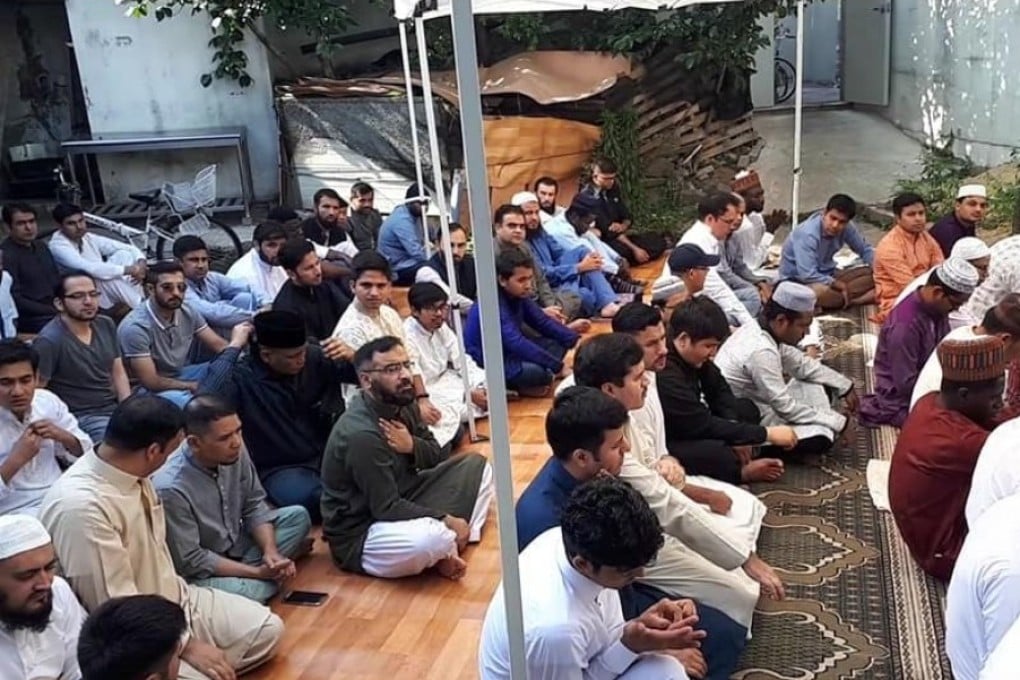Pig heads at South Korea mosque site condemned as ‘pure Islamophobia’
- Some residents in a neighbourhood in Daegu have been blocking access to a mosque construction site for a year, including throwing a pork barbecue party
- The moves have sparked claims of Islamophobia, with activists calling on UN Special Rapporteur on religious freedom to urge South Korea’s government to intervene

Residents in the southeastern city of Daegu have for the past year been trying to block the mosque near Kyungpook National University from being built, including physically blocking access to the site, putting up banners, and throwing a pork barbecue party.
In the latest incident, three pig heads were placed on stools at an alley outside the site. The first one was put there on October 27, followed by another on November 14 and the third on December 6, according to Mian Muaz Razaq, a representative of Muslim students at the university. Students who go to the site to pray pass through the alley every day.
“We’ll fight against the mosque construction till our last breath,” read one banner that decorates the wall of a home next to the construction site, as pigs’ feet and tails are seen strung along the wall.
Razaq denounced the residents actions as “pure Islamophobia”.
“They held rallies against Islam, they called us terrorists, they hung banners against our religion, they distributed hate pamphlets against Muslims in our area, what can these acts be called? This is pure Islamophobia,” he said.